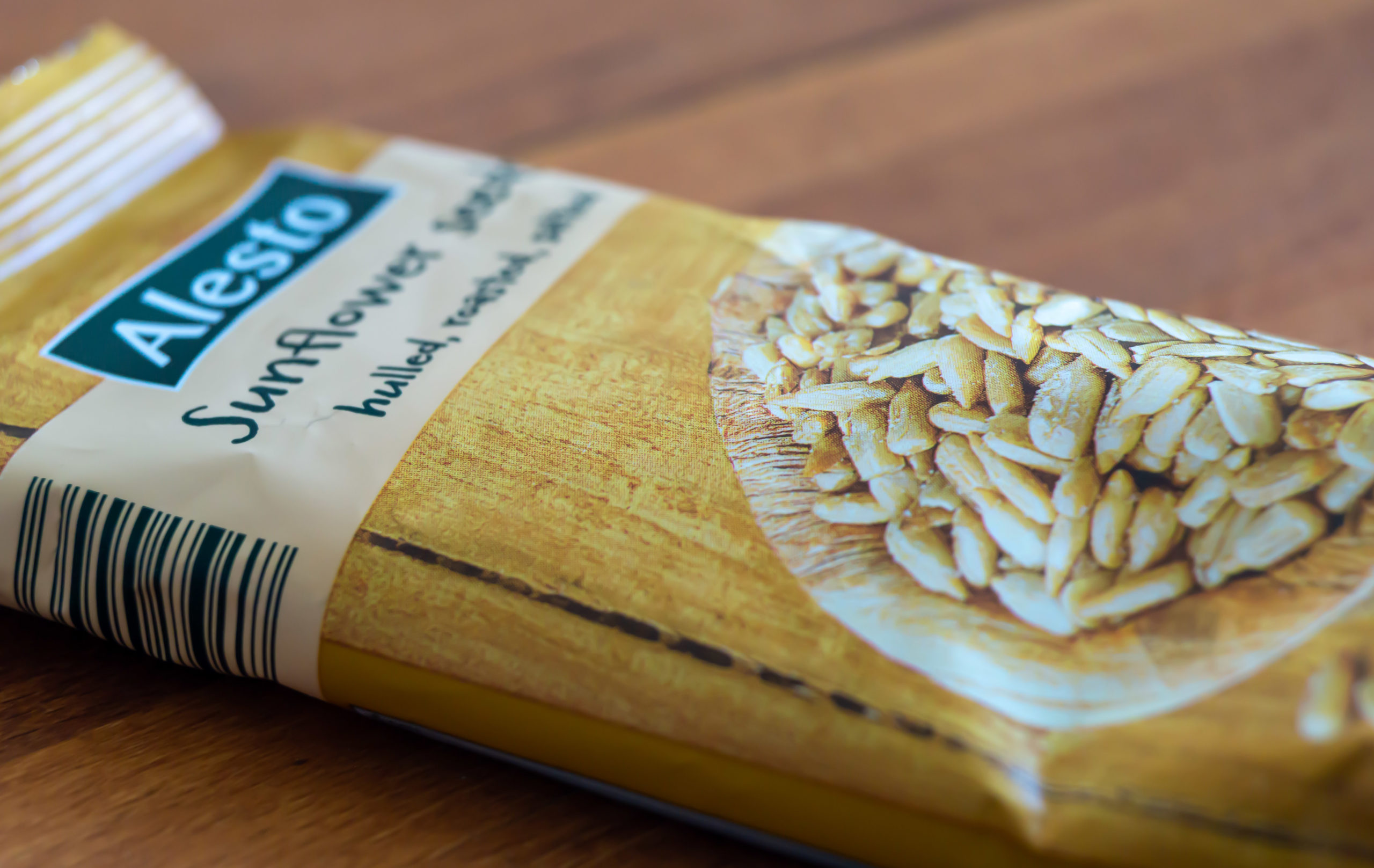Low carb snacks

Every time I steal a few crisps from the bear, thinking I’ll get away with it, the results are the same. Blood sugar shoots up unless I have bolus insulin on board. He says it’s just what I deserve for pinching his snacks. What’s certain is that type 1 diabetes is very unforgiving when it comes to snacking.
Last year I discovered pork scratchings which are hard to put away once you’ve opened the bag. They’re low-carb, but the high-fat content makes them very calorific at around 800 kcal/ 100g. If you’re watching your weight on the keto diet, you need to be a bit careful. Not only do pork scratchings make for a tasty snack on their own, but tossing a handful into a salad adds an extra dimension of crunch.
Another snack I’ve been getting into lately is toasted sunflower seeds. It’s as close as I’ve gotten to crisps, and the fact that they’re difficult to pick out of the bowl means they last for a long time. In 50g of seeds, there’s around 4g of carbs, so you can get away with it without dosing insulin if your blood sugar is on the lower side. I’ve noticed that due to the high-fat content it takes a while for any reaction to occur. 1u of regular insulin to cover the 12g of protein taken 15 minutes after snacking seems to work.
Sunflower seeds, just like pork scratchings, are high in calories with 650 kcal/100g. It’s not that strange, considering they provide the energy for plants to shoot up through the soil. In addition to healthy fat and protein, they contain vitamin E, B, and selenium which reduce free radicals and help repair DNA. There’s also fiber – something it’s hard to get enough of in your diet. Without getting into the gory details, a low-carb diet can cause constipation. Fiber helps against this by adding water to the stool. Psyllium husk, fiber extracted from Plantago ovata seeds, has laxative effects and can also help gastrointestinal problems.
In other words, plant seeds are gold on the low-carb diet. And also, they’re fun to eat.